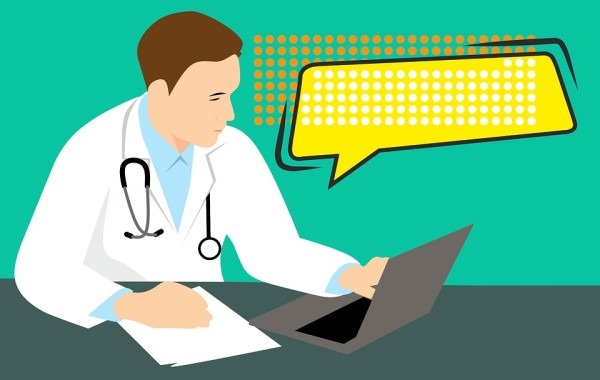If These 4 Situations Occur, You Should Be More Vigilant: It May Be an Anxiety Disorder

Anxiety Symptoms
Anxiety disorders are common mental health conditions that cause excessive fear, worry, and nervousness. Symptoms can range from mild to severe and can interfere with everyday life.
If you experience any of the following symptoms, talk to your doctor to rule out an anxiety disorder:
Excessive worry or fear that is difficult to control: This worry or fear may be about anything, from your job to your health to your relationships. It may be accompanied by physical symptoms such as sweating, heart palpitations, or muscle tension.
Physical symptoms that cannot be explained by a medical condition: These symptoms may include fatigue, headaches, muscle aches, or gastrointestinal problems. They may be triggered by stress or anxiety.
Avoidance of situations that trigger anxiety: You may avoid certain places, people, or activities that you know will make you anxious. This avoidance can make it difficult to live a normal life.
Significant distress or impairment in functioning: Anxiety can cause significant distress and impairment in your ability to work, study, or socialize. It can also lead to problems with relationships and self-esteem.
Types of Anxiety Disorders
There are several different types of anxiety disorders, including:
Generalized anxiety disorder (GAD): This is a chronic condition that causes excessive worry and anxiety about a variety of topics. People with GAD may also experience physical symptoms such as fatigue, headaches, and muscle tension.
Panic disorder: This is a condition that causes sudden and unexpected panic attacks. Panic attacks are characterized by intense fear and physical symptoms such as chest pain, shortness of breath, and dizziness.
Social anxiety disorder (social phobia): This is a condition that causes intense fear and anxiety in social situations. People with social anxiety disorder may avoid social situations altogether or may experience significant distress when they are in social situations.
Specific phobias: These are intense fears of specific objects or situations, such as spiders, heights, or flying.
Treatment for Anxiety Disorders
Treatment for anxiety disorders typically involves a combination of therapy and medication. Therapy can help you learn how to manage your anxiety and develop coping mechanisms. Medication can also be helpful in reducing symptoms of anxiety.
If you think you may have an anxiety disorder, talk to your doctor. Treatment can help you manage your symptoms and live a full and happy life.
When to See a Doctor
If you experience any of the symptoms of an anxiety disorder, it is important to see a doctor. Treatment can help you manage your symptoms and live a full and happy life.
You should also see a doctor if your anxiety is:
Interfering with your everyday life: Anxiety can make it difficult to work, study, or socialize. It can also lead to problems with relationships and self-esteem.
Causing physical symptoms: Anxiety can cause a variety of physical symptoms, such as fatigue, headaches, muscle aches, and gastrointestinal problems.
Not responding to self-help measures: If you have tried self-help measures to manage your anxiety, but they have not been effective, you should see a doctor.
Diagnosis
Your doctor will ask you about your symptoms and medical history. They may also perform a physical examination and order some tests to rule out other medical conditions that may be causing your symptoms.
If your doctor thinks you have an anxiety disorder, they may refer you to a mental health professional for further evaluation and treatment.
Treatment
Treatment for anxiety disorders typically involves a combination of therapy and medication. Therapy can help you learn how to manage your anxiety and develop coping mechanisms. Medication can also be helpful in reducing symptoms of anxiety.
Therapy: There are several different types of therapy that can be used to treat anxiety disorders. Cognitive-behavioral therapy (CBT) is a common type of therapy that helps you identify and change negative thoughts and behaviors that contribute to your anxiety.
Medication: There are several different types of medication that can be used to treat anxiety disorders. These medications include antidepressants, anti-anxiety medications, and beta-blockers.
Outlook
The outlook for people with anxiety disorders is good. With treatment, most people with anxiety disorders can manage their symptoms and live full and happy lives.
The above is all the content that the editor wants to share with you. I sincerely hope that these contents can bring some help to your life and health, and I also wish that your life will be happier and happier.
Topic: #you #should #be- • A breakdown of the physical exams you can’t miss six weeks after giving birth
- • What to do if you have diarrhea and bloody stool after eating hot pot
- • Teach you 5 ways to wash your face
- • Bitter melon helps you lose weight and maintain your beauty
- • 9 kinds of foods to help you nourish your kidneys and strengthen your yang
















